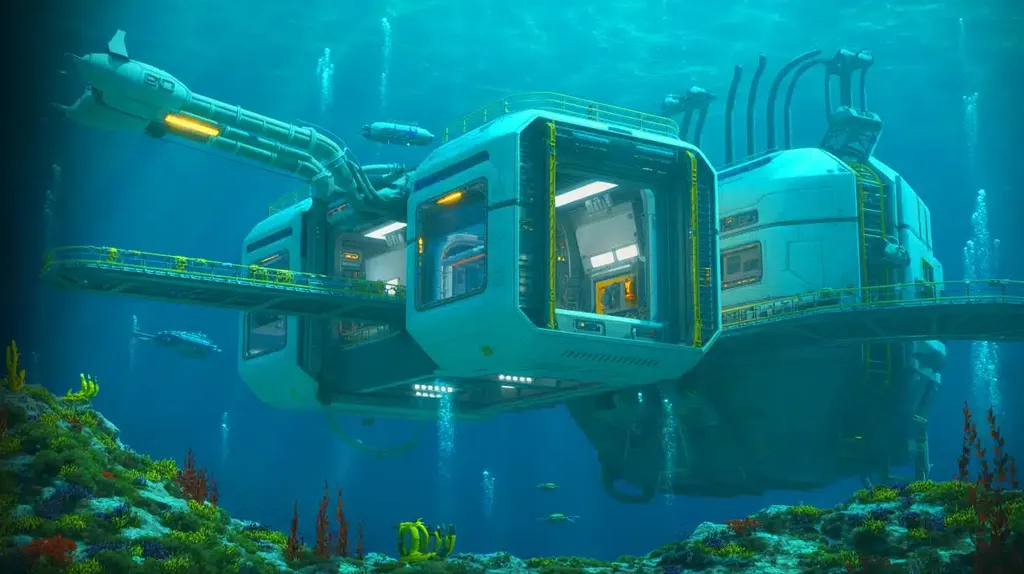China’s bold push into the deep sea is about to get a game-changer. The South China Sea is set to host an unprecedented underwater research facility, targeting depths of 2,000 meters by 2030. This isn’t just another marine lab—it’s a deep-sea “space station,” a technological leap that could rewrite the rules of ocean exploration.
At the heart of this project is a fusion of autonomous systems and cutting-edge surveillance, designed to unlock the ocean’s most valuable treasures. The Chinese Academy of Sciences has greenlit construction, and the stakes are high. This facility isn’t just about science; it’s about securing energy reserves, rare minerals, and biological breakthroughs that could reshape industries.
The station’s tech specs read like a sci-fi wishlist: autonomous submarines for continuous exploration, fiber-optic networks for real-time data, and life support systems that keep researchers alive in the abyss. Add in specialized drilling equipment and environmental sensors, and you’ve got a permanent underwater outpost that turns the deep sea into a lab.
But why the South China Sea? For starters, it’s sitting on 70 billion tons of methane hydrates—energy reserves equivalent to half of China’s petroleum and natural gas. That’s not just energy independence; that’s a geopolitical game-changer. And let’s not forget the rare earth minerals, concentrated three times higher than on land. Cobalt, nickel, these aren’t just commodities; they’re the building blocks of modern tech, from batteries to military hardware.
The facility’s mission isn’t just extraction, though. It’s about sustainable development, with monitoring systems tracking ecological changes in real time. Scientists are eyeing hydrothermal vents, home to over 600 unique species thriving in extreme conditions. These organisms could hold the keys to cancer treatments, biotech innovations, and a deeper understanding of life itself.
This project isn’t happening in a vacuum. It’s part of a global race for underwater dominance. North Korea’s naval advancements and other maritime tech developments show the world is waking up to the ocean’s potential. China’s move could force other nations to accelerate their own deep-sea programs, sparking a new era of underwater competition.
The implications are massive. If China succeeds, it won’t just lead in deep-sea exploration—it could redefine global energy markets, technological innovation, and even military strategy. The deep sea is the final frontier, and China is staking its claim. The question is, who’s next?

